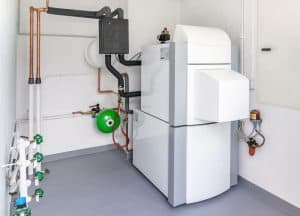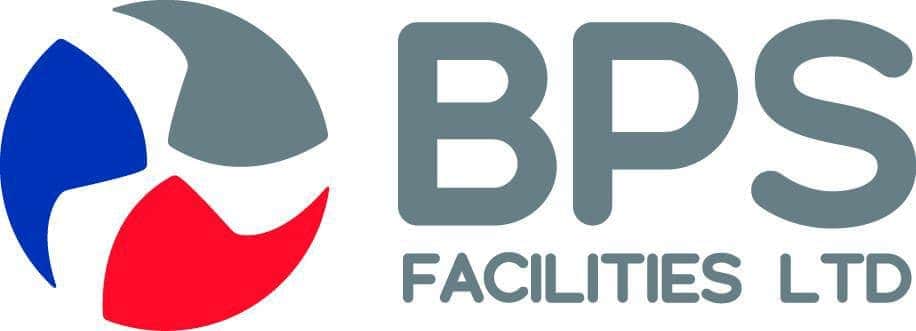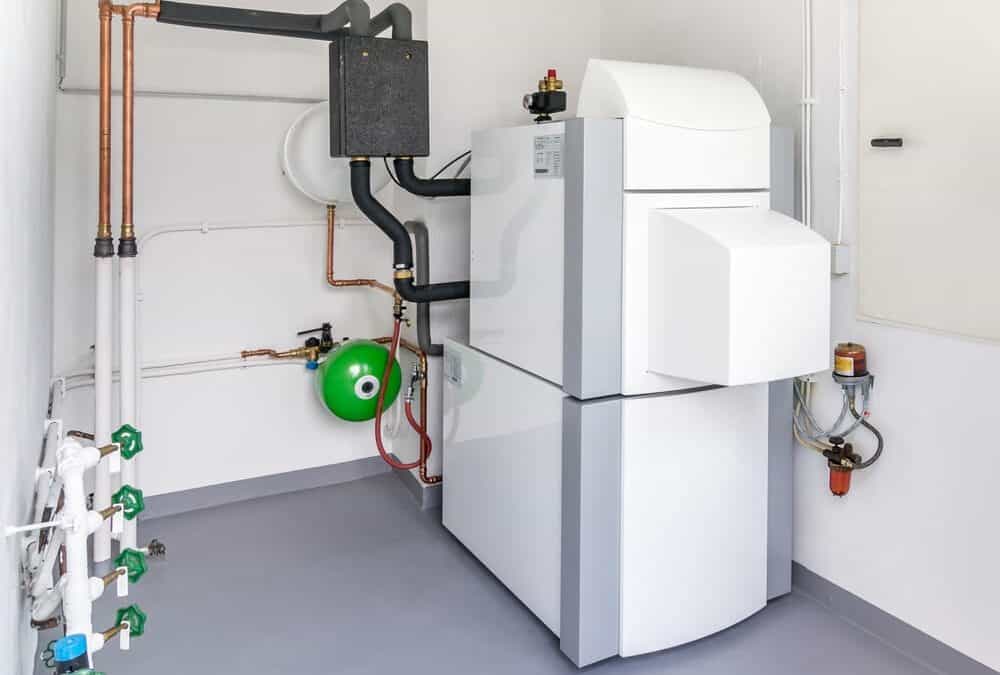Types Of Commercial Boilers – Discussed By BPS Facilities
It is really hard to know and understand which boiler is the right one for you based on output, efficiency, cost, and installation. BPS are experts in all types of commercial boilers when it comes to planning and designing a new system, installing, maintaining and repairing. Our heating and gas engineers have many years of experience and are experts in all makes, models and commercial boiler types. We offer maintenance contracts for your boiler system and this means you don’t need to worry about booking your service or finding a reliable company to repair it for you as we are just one call away.
The BPS team can help you understand the styles of commercial boilers that are available and which one best suits your needs and requirements.
Our team will carry out a full site assessment to see any existing systems, how they are performing and their energy efficiency, as well as advise you if we can do anything to upgrade or prolong an existing boiler and if not, recommend the type of boiler is best suited for your business and property. We can provide you with a no-obligation quote and will work alongside you and your team whilst any work is being carried out.
Boiler Considerations
- Your property size and layout
- The heat and hot water needs of your business
- Mains water pressure
- If you have a mains gas supply
- The space you have available for a boiler and, or water tank
Non-domestic buildings are heated and have hot water provided by commercial boilers. To generate hot water or steam, these systems are typically pressurized and burn fuel or electricity. To maintain a comfortable temperature and provide hot water when needed, the steam or hot water is circulated throughout the pipework in the building. The most common fuel for boilers is gas, oil and electricity. Many businesses are now changing or considering changing to renewable energy sources, not only to decrease their energy bills, but to also reduce their carbon footprint.
Some commercial boilers have a power rating of 70kW or higher, and certain properties will need this power rating to ensure the boiler system is not put under too much pressure, which could lead to a breakdown and a shorter lifespan.
Types Of Boilers
Gas Boilers
A commercial gas boiler burns gas fuel in a pressurised system to generate heat. It is the heat exchanger that transfers heat to the water, and the hot water or steam is then passed through the radiators, pipework, and boiler system to reach the specified temperature.
The flames of a gas boiler heat the water in the system by combusting fuel. In order for the system to work properly, a mixture of oxygen and fuel is burned to generate a constant flame. A gas boiler’s combustion chamber is where the high-temperature, fuel burning takes place.
Electric Boilers
Electricity is used to generate heat and hot water in a commercial electric boiler. An element in the boiler is heated by electricity and then the water passes through it to be heated. The water is then pumped through the pipework and radiators providing the required temperature.
Some other boilers transfer combustion energy to the water, but commercial electric boilers do not. Electric boilers can be fitted vertically or horizontally for steam or hot water applications to suit the properties available space.
 Oil Boiler
Oil Boiler
A commercial oil boiler burns oil as its fuel and the burner in the boiler produces flames that heat the water. Oxygen and oil are mixed in the burner to create a constant flame. As the water or steam is pumped through the boiler system, pipes and radiators, it provides hot water and heat at the desired temperature.
Boilers that use oil need oil tanks above or underground that is located outside the property. You need to ensure oil deliveries are arranged before you run out. An oil tank needs to be well maintained to prevent leaks. Different oil suppliers offer different options depending on the price of oil. Tankers deliver the oil directly to your tank, and it is then filled.
Commercial L.P.G Boilers
LPG boilers use mains gas in the same way as gas boilers but rather than being connected to a mains gas pipe, it is connected to an LPG tank fitted outside of the property. An LPG boiler works similarly to an oil boiler.
Commercial Biomass Boiler
In a similar way to a gas or oil supply boiler, biomass boilers use the heat generated by burning natural materials to provide heat and hot water. Wood, pellets, chips, and logs are natural fuels that are used to generate heat in a biomass boiler. By burning the fuel (the materials), the boiler heats the water inside, which is pumped throughout the property. The cooled water is fed back into the boiler to be heated again. Using a biomass boiler will significantly reduce energy bills as well as reduce CO2 emissions.
With a biomass boiler, you can drastically reduce your carbon emissions, improving your carbon accounting report. Carbon credits and tax relief can be obtained by some businesses through this program, in addition to the possibility of applying for grants.
Biomass is regarded as a renewable energy source and is much more environmentally friendly than fossil fuels (coal, gas, and oil). Biomass systems produce and release some CO2 into the atmosphere when combusted, however, it is no more than the amount absorbed by plants during their lifetime so this is deemed as Ok by environmental experts.
Electrode Boilers
Electrode boilers work by passing electricity through streams of water, an electrode boiler produces steam and heat. Water’s conductive and resistive properties carry electric current, and its electrical resistance is used to heat water and create steam. Electrode boilers convert electrical power into heat in an efficient and reliable manner. They are extremely efficient at converting power to heat with minimal or no heat transfer losses compared to conventional fossil fuel boilers.
Although electrode boilers have been around for many years, they are now being used much more since they are an environmentally friendly and cost-effective alternative to fossil fuel boilers.
They are commonly found in commercial properties and are very helpful in industrial settings since they produce heat, water, and steam in an efficient and environmentally friendly way.
Domestic Hot Water Boiler
The right domestic boiler may suit your needs depending on the size of your business or commercial property, how much heat and hot water you require, the water pressure from the mains, and the fuel source you have available. BPS Engineers will assess your property, your existing heating appliances, and your needs before making any recommendations.
Condensing Boilers
Commercial and residential property owners are increasingly using condensing boilers.
The efficiency of a condensing hot water boiler is higher than that of other boiler types, with an efficiency of 90% or higher on average. A condensing boiler’s heat exchanger lowers the temperature of the flue gas enough to cause condensation, and this offers additional energy for the system.
Unlike other boilers, condensing boilers use latent heat as fuel, which is normally lost to the atmosphere in other boilers. This improves the energy efficiency of the boiler, even more, decreasing energy costs and carbon footprints.
Condensing Boilers
- Combi Boilers
- System Boilers
- Conventional Boilers
Combi Boilers
Many businesses and homes use combi boilers as a cost-effective boiler solution that controls both hot water supply and temperature distribution. A combi boiler heats water directly from the mains supply, providing instant and unlimited hot water whenever needed without the need for a hot water cylinder or tank. In contrast to other boilers that maintain hot water in a cylinder or tank continuously, this reduces fuel costs. The system reduces the space needed to house these tanks, as well as installation time and costs. By eliminating the need for pumps, combi boilers provide powerful showers and water supply. Fewer pipes mean less installation time and less ongoing maintenance. There is also less chance of pipework freezing or leaking.
System Boiler
If you have more than one bathroom in your property, you can use a system boiler. Their compact design transfers energy from the gas jets to the water through a heat exchanger. In order to provide instant hot water, the heated water is pumped into a storage cylinder to be stored until it is needed. In the event that you use all of the hot water in the cylinder, you must wait for it to refill and be heated again. System boilers are built-in, so they are easier to install than other types of boilers. This eliminates the need for a header tank since the pump and expansion vessel are built-in. Having a cylinder reduces the possibility of pipework leaking or freezing, making them easier and more cost-effective to maintain. Solar thermal systems can be used with system boilers, making them an energy-efficient choice.
Conventional Boilers
Conventional boilers are also sometimes known as heat-only boilers, regular, open vent boilers, or traditional boilers. As they have a water tank and a cylinder, they are not the best option if you have a small property. They are, however, suitable for properties with low water pressure. A conventional boiler is able to supply large volumes of hot water to multiple bathrooms or washrooms. Using a conventional boiler is a good choice if the pipework does not need to be changed or just needs a small adjustment. As well as the efficiency of a conventional boiler, it can be used with solar power, which will further reduce energy bills.
BPS Facilities Services offer all types of property installation, maintenance and management, as well as being industry experts in commercial and domestic boilers. We are able to plan, design and install all types of boiler systems and offer maintenance and repair contract services if you need them. Our engineers have many years of experience and are all qualified heating and gas safe registered. We work with and alongside the major boiler manufacturers and this ensures we are always up to date on the latest technology and advances.
Contact us today on 029 20 484114 today to book your no-obligation site survey.

